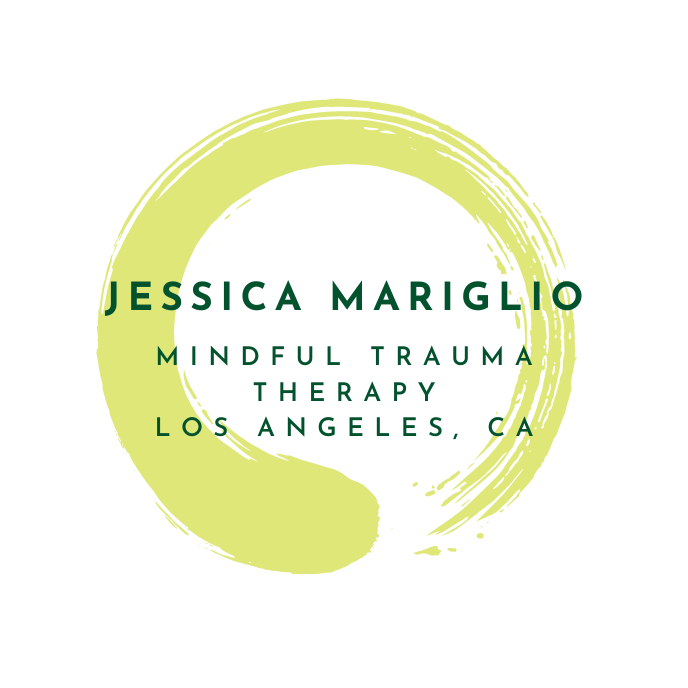The Heart is not a Gated Community: Interdependence and Healing
What really matters?
For so many of us, the things that matter most to us are the things that directly affect our experience. The mind filters out unnecessary data, creating cognitive and emotional shortcuts to conserve energy and process information faster. Our brains have evolved in this way over generations to help increase our chances of survival. And so this question of “what matters” echoes through my reflection today, as we look at what really affects our expererience.
Human beings have this innate biological drive to connect. We are born needing the protection and care of another. We are essentially dependent on others for protection and survival until late childhood, and emotionally dependent on others throughout our lives.
There’s a particularly damaging idea floating around pop-psychology circles that tells people they need to know and love themselves before they can connect with others. But actually, I might argue the opposite is true. It is in connecting with others that we begin to know who we are and how to be in the world. When we are connected, we feel seen, heard, and develop a sense of self and self esteem.
This is why emotional isolation is so problematic. The state of being alone, evolutionarily, was a state of being in danger. The biological chemicals released into our system during states of aloneness cause damage to our bodies over time, mimicking a state of chronic stress.
Culturally there are a lot of misconceptions about the importance of independence and individualilsm for growth. Especially in the United States, we seem to have this core value of “rugged individualism”. There’s a strong narrative of independence, going at it alone and pulling ourselves up by our bootstraps. Even in Western preconceptions about spirituality, there are often images of people running off to caves to meditate alone. But actually, the Buddha taught the opposite. He indicated that a prerequisite for awaekning is having access to a reliable community. The Mitta Sutta even outlines what kinds of qualities we should look for in these community members. And rather than taking that as a filtering out process, I look at it as a refining process for myself and my own conduct.
Ram Dass teaches that “our lives are training sessions to turn outselves into instruments of true kindness and compassion.” So much of how we live our lives impacts those around us, and vice versa. What matters is acknolwedging this connection. Ram Dass goes on to say that community is “when human beigns gather together in the shelter of one another, acknowledging the dual intention of working on ourselves as an offering to others, and working with others as a way of working on ourselves.” The best thing I can do for you is to work on myself, to clean my corner of the world. The best thing you can do for me is to work on yourself. And it isn’t from an individualistic standpoint, but rather from the understanding that my happiness and liberation from suffering is directly related to your happiness and liberation from suffering. It’s all connected.
We do this by standing in love, as Joseph Goldstien says. This is the practice of loving kindness. This is the practice of the generosity of the heart that wishes happiness to all beings including oneself and others. Loving kindness throws open the gates of th e heart and includes all beings, even the difficult ones.
This is not easy. How do we open our hearts in a way that is both safe and compassionate to the characters in our lives that are difficult. I call this “developing the character” of the people in our lives. With difficult relationships, we tend to make others into two dimensional characters. This makes it easier to cast them aside, to overlook them or shortcut around them. It is easy to emotionally cut off someone who doesn’t have much depth or nuance to them. This is problematic, however, because as I said eariler, we are wired to connect. The impact of emotional cutoff ripples through generations, affecting how relationships unfold in future family systems.
This heart was not meant to be a gated community. How might we expand our definition of community to even hold space for difficult characters in our lives? It is not for their benefit. It is for the benefit of all members of the collective community. It is like holding vigil , a small opening or space to acknowledge the basic goodness that is present in all people. To find one small neutral quality in another, that is the practice of opening the gate of the heart.
The practice of loving kindness softens the heart so wisdom might take root. Wisdom to recognize that we were not meant to move through this life alone.
What matters? All of it. It all matters. Even you.

